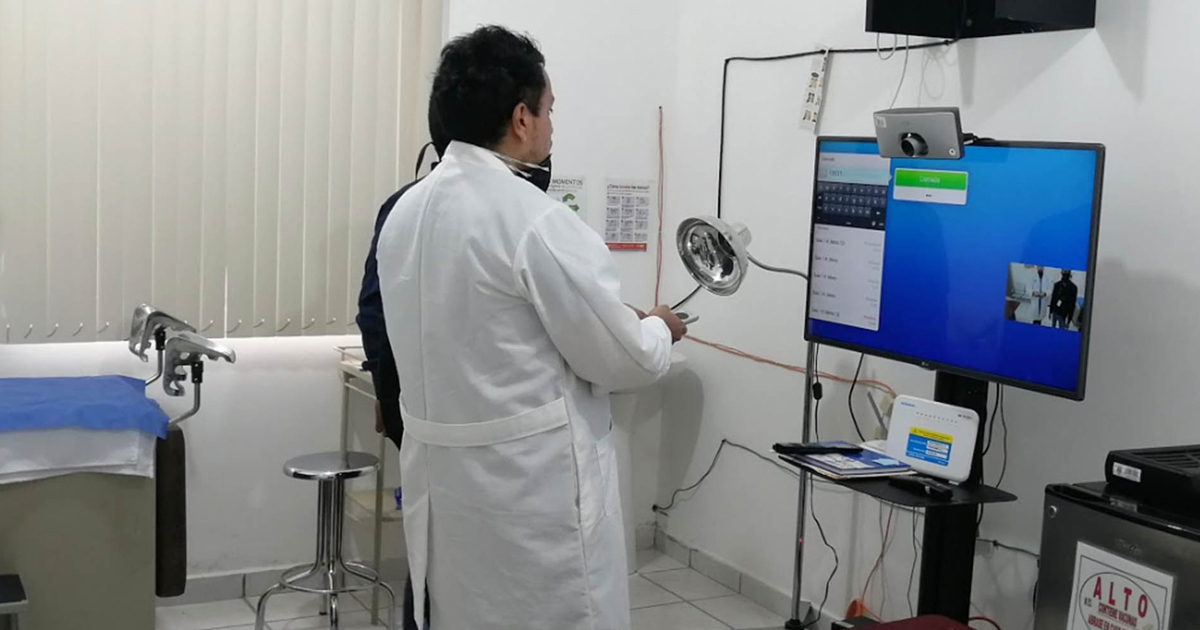A study published in the JAMA Network evaluated electronic symptom monitoring for patients undergoing cancer treatment.
El artículo “Efecto de la monitorización electrónica de síntomas en los resultados informados por los pacientes entre pacientes con cáncer metastásico”, incluyó un ensayo clínico aleatorio para la evaluación de las técnicas de monitoreo electrónico de síntomas en pacientes con cáncer. El estudio mostró que los pacientes mejoraron el control de sus síntomas y sus habilidades físicas.
The study questioned whether electronic monitoring can improve quality of life outcomes, for which the authors conducted a randomized trial that included 52 oncology practices and 1,119 patients, who were enrolled between October 2017 and March 2020.

This study conducted interventions in the form of patient-informed surveys, which were conducted electronically on a weekly basis, to monitor symptoms. Thus, the authors were able to compare electronic care with usual care. In this way, they managed to find significant improvements in the results of the quality of life of the patients after three months.
Compared with usual care, mean changes in quality of life from baseline to 3 months were significantly improved in the group of participants:
For physical function from 74.27 to 75.81%, for Control from 73.54 to 72.61% and for symptom control from 77.67 to 80.03%.
When severe or worsening symptoms appeared, the team in charge of the weekly electronic surveys alerted the specialists to act quickly and avoid short-term complications.
Consult the abstract of the study in the following link:
https://jamanetwork.com/journals/jama/article-abstract/2793279







